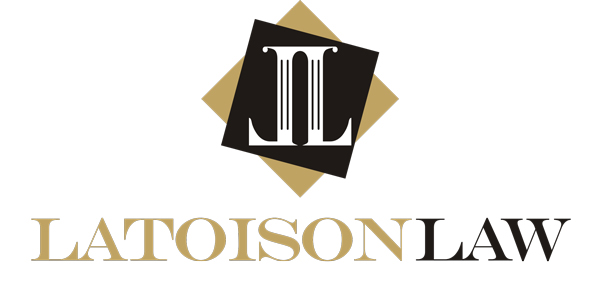In the ever-evolving landscape of high-profile legal cases, the case of Bryan Kohberger stands out due to his unique approach during the arraignment process. Delaware County criminal defense attorney Enrique Latoison, in this transcript, provides an in-depth analysis of Kohberger’s refusal to speak at his arraignment and the subsequent implications of this decision.
Summarize transcription:
Hello, I’m Enrique Latoison, Your 3 Minute Lawyer, brought to you by Commentary Creations. Today, we delve into the peculiarities surrounding Bryan Kohberger, who chose to remain silent during his arraignment, despite being accused of killing four people.
In many regions, including here in Pennsylvania, this occurrence is quite common. Defendants often ‘stand mute’ during formal arraignments, a transition from district court level to a higher court of common pleas. In Idaho, where Kohberger’s case is held, they refer to this as standing silent. This move allows the judge to enter a ‘not guilty’ plea on behalf of the defendant, enabling him to reserve the right to change the plea at any point.
However, another intriguing aspect of this case is the prosecutor’s decision to convene a grand jury instead of proceeding with the scheduled preliminary hearing. This strategic move, a permissible one in Idaho for serious crimes, enables the prosecution to present evidence without the defense’s ability to cross-examine it. As a result, they bypass the preliminary hearing, getting a swift indictment and advancing to the trial level more efficiently.
For the defense, this development is undoubtedly disadvantageous as it inhibits them from challenging the evidence or cross-examining witnesses. The prosecution’s strategy in this scenario showcases their utilization of the law to their advantage.
We’ll continue to follow this case in subsequent videos, discussing more on preliminary hearings and what they mean for defendants like Kohberger. Stay tuned for more insights on this and other critical legal matters. I’m Enrique Latoison, your three-minute lawyer.
